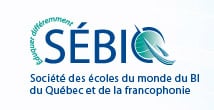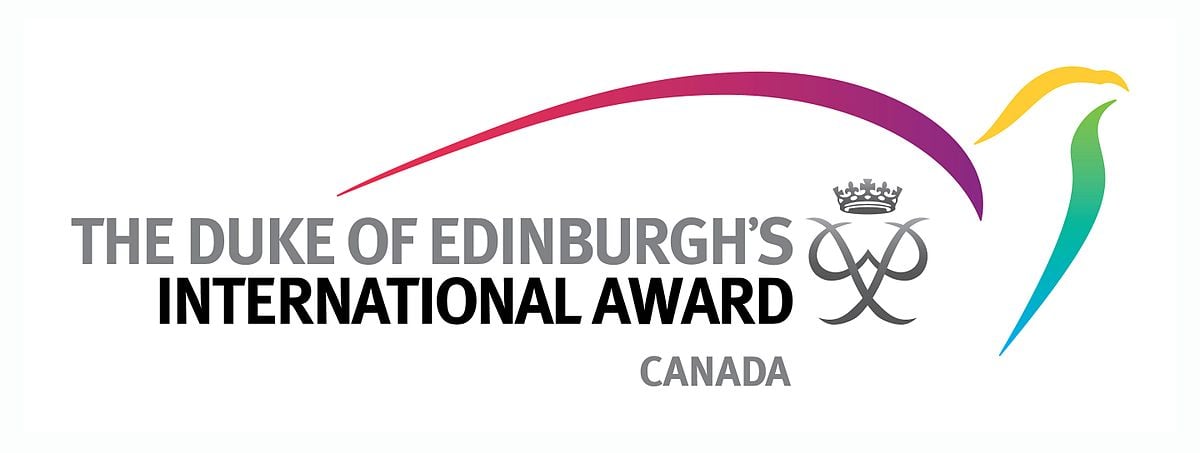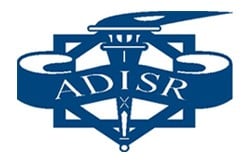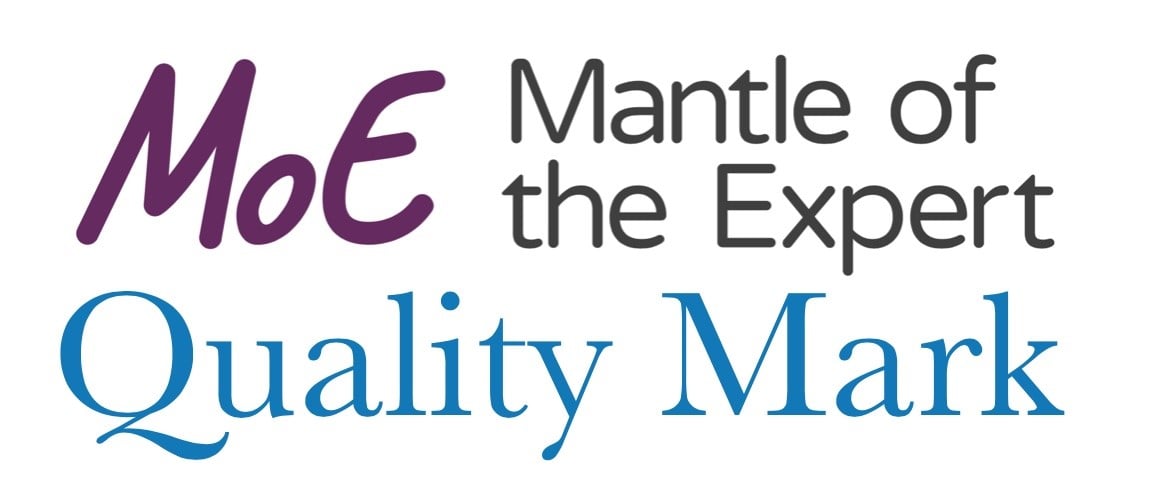How do the Swiss and international school systems compare? If you've asked yourself this question, know that you are not alone. Here we lay down the bare bones of the state school system in the Canton of Vaud and compare it with the international school system at Haut-Lac International Bilingual School to give you a clearer picture.
The State School System in the Canton of Vaud
- Obligatory schooling runs from the Degré Primaire (4-12y.o.) to the Degré Secondaire I (12-15y.o.).
- Further schooling is not obligatory. At 15, students select one of two pathways based on their academic performance and plans for the future.
- 2/3 of students go down the apprenticeship route, which provides them with a vocational education and training diploma. Most students end their education here, but some take another "bridging year" and go on to university.
- 1/3 go on to do a 4-year high school diploma (Maturité Cantonale) at their local ‘gymnase’, followed by further studies at a university or Haute-École in Switzerland.
- Of the 37.5% of state school students who finish school with a Maturité Cantonale (the Swiss equivalent to a IB Diploma), over 45% go on to complete studies at a tertiary education instition.
- The Swiss system is highly permeable, as students can transfer between lanes. However, this can take time and students can still be studying and undergoing training beyond the age of 22.
- State school students can easily segway into private/international schooling
A closer look
- Schools are organised by the local commune, so students tend to stay in their local area
- Students study in the regional language, as well as learn another national language and take some English classes
- Students either go home for lunch or bring/buy their own food to/at school
- There is often no extracurricular club programme
- The Maturité Cantonale in Vaud state schools is most often not recognised by universities internationally, making entry more difficult than with an IBDP
- Schooling is free (included in taxes)
-2.png?width=493&name=Sans%20titre%20(3)-2.png)
The international school system (based on Haut-Lac)
- Students start school from the age of 3 and carry on through infant, primary and secondary until they graduate at 18. (Haut-Lac also runs a nursery for children aged 18 months to 4 years)
- Infant & primary students (3-11) follow a bilingual French/English or predominantly English Learning Means the World programme
- Lower secondary students (11-16) follow a bilingual, English-only or French-only International Baccalaureat Middle Years Programme (IBMYP).
- A Swiss Bilingual Cycle is available for students aged 11-14, who wish to prepare themselves to sit the admission exams for a state school in the Canton of Vaud at 15 and develop a good a command of English.
- Upper secondary students (16-18) choose between 3 programmes:
- The International Baccalaureate Diploma Programme (IBDP) is the world-renowned, prestigious flagship end of school programme for most international schools.
- The IB Career-Related Programme (IBCP) offers a more industry-orientated professional approach to end of year schooling for students looking to go straight into work or onto university. This programme is rising in popularity among many international schools.
- The US High School Diploma is for students looking to study in the US or Canada.
- Over 95% of Haut-Lac students receive an IBDP/CP/USDP diploma
- Over 80% of Haut-Lac graduates pursue higher level studies at top universities in Switzerland and worldwide.
- Students, who do not wish to do a full diploma, may curate their subjects and graduate on a system of IB certificates
- Students can easily transfer into the state school system.
- School is a paying service.
A closer look
- Haut-Lac was founded and is run by educators, who ensure continuous learning for all students even when something as unexpected as a pandemic hits (see our response to Distance Learning).
- French and English are the school’s two working languages, but students also learn German and Spanish (or Italian if in the Swiss Bilingual Cycle)
- Students choose between a fully bilingual stream, a predominantly English stream (with one daily French class) or a predominantly French stream (secondary only) (see which is best for your child in this blog post)
- Students remain at school from 8:15-15:30 (or 16:20 for older students), bringing their own lunch or signing up for school meals
- With over 150 extra-curricular activities and events, school is both a social hub and a place of study
- Students come to school from as far as Aigle and Lausanne (7 school bus routes service areas up to 30 km from campus)
- The IBDP/IBCP is recognised worldwide because of its well-defined and well-documented programme offered in over 5000 IB schools in 158 countries.
-3.png?width=536&name=Sans%20titre%20(1)-3.png)
Ultimately, whichever form of schooling you choose for your child in Switzerland will be of good quality. However, the decision you are faced with is not easy and will have an impact on both your child and your family life.
At Haut-Lac, we are a melting pot of cultures and pride ourselves on our diversity and non-exclusivity. As such, any student is welcome to join us!
Additionally, being an accredited international school, we can offer a boarding option to students whose parents are not able to relocate to Switzerland.
So take your time and consider the options, because no one path suits everyone.
Katie Harwood


-1.png)










